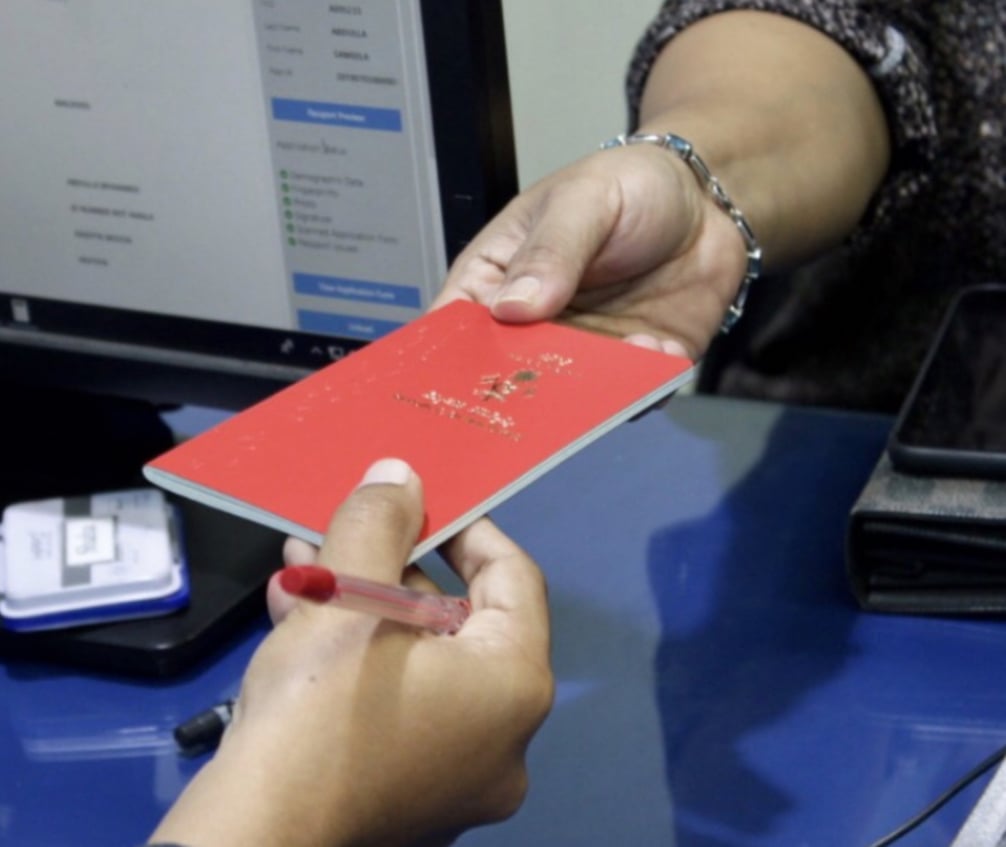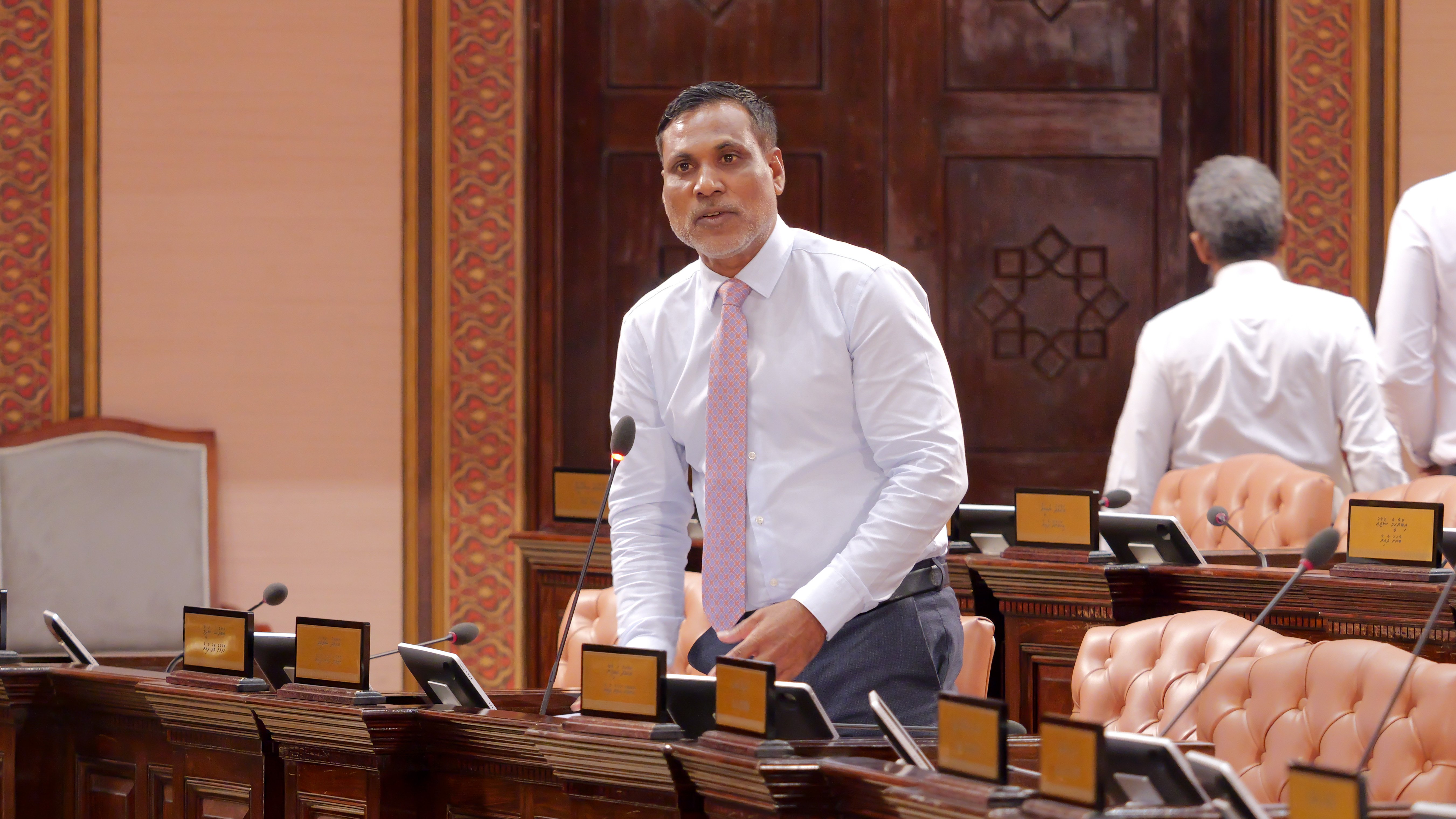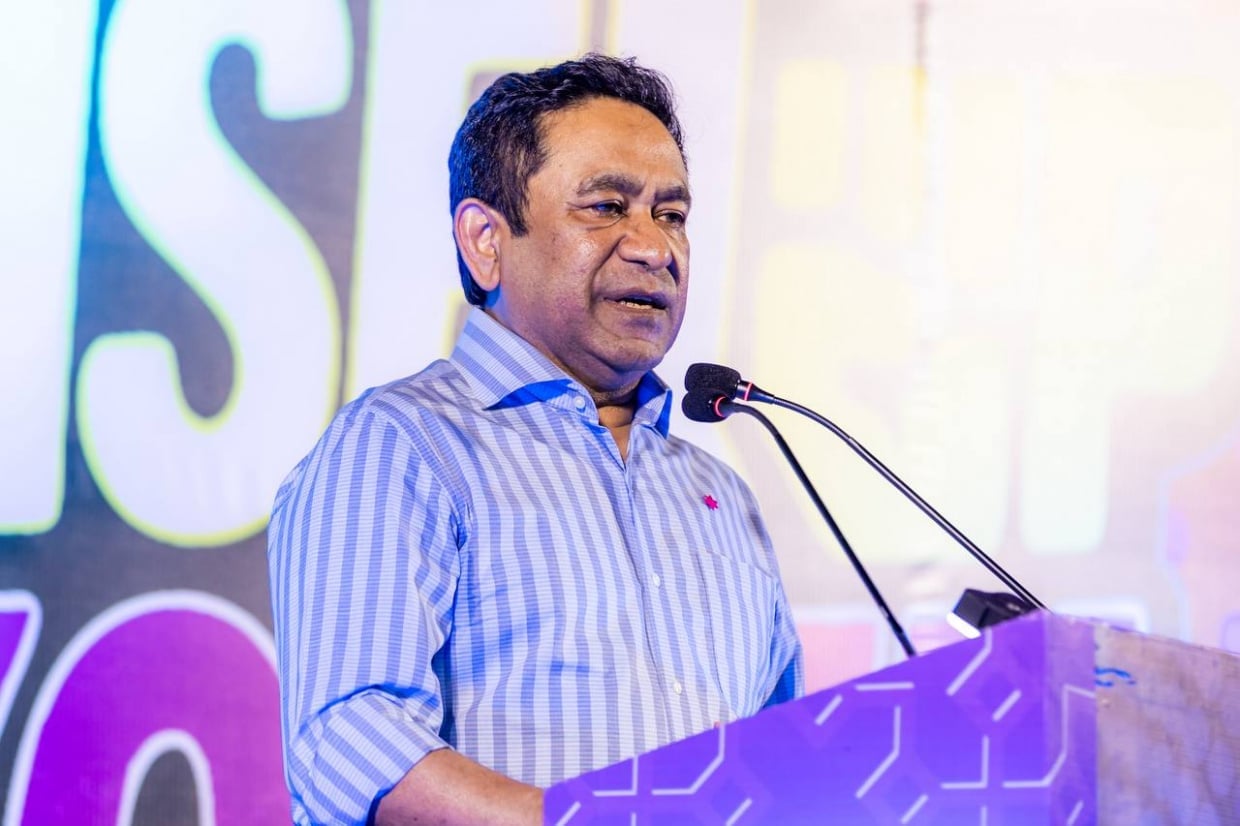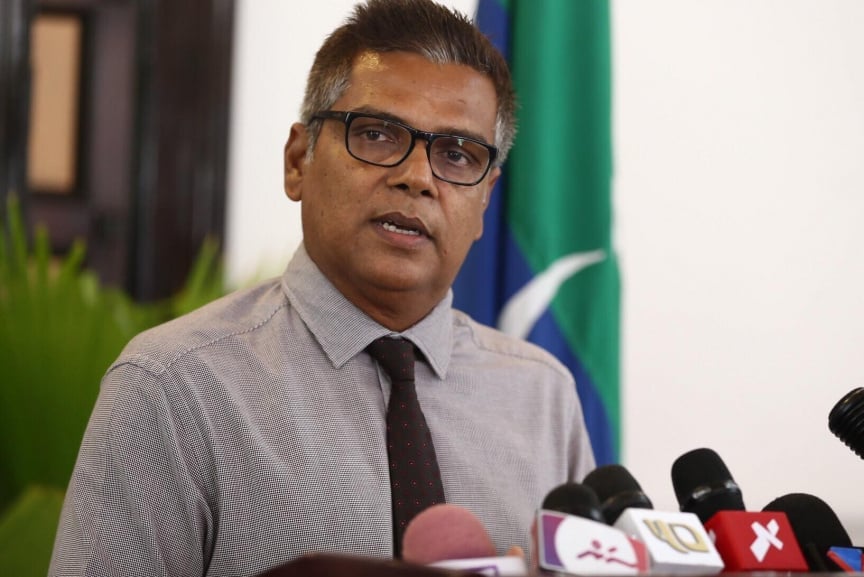Central Bank Governor Ahmed Munawar has emphasized the urgent need for a Foreign Exchange Act to ensure the banking system's stability, which heavily depends on the inflow of US dollars.
During a press conference, Munawar explained that the Maldives Monetary Authority (MMA) has faced challenges in the past due to the lack of a strong legal framework to regulate foreign exchange. He warned that the reduced inflow of dollars into the Maldivian banking system could severely disrupt operations if not addressed promptly.
He noted that discussions on amending the MMA rules began during President Nasheed's administration and have continued under successive governments. Munawar credited President Dr. Mohamed Muizzu for accelerating progress on the Foreign Exchange Act and expressed gratitude for the president’s support in addressing the matter.
Munawar highlighted that before the pandemic, Maldivian banks received 70% of their dollar inflows, a figure that has since dropped to 50%. The foreign exchange inflows from the tourism sector have also significantly declined, contributing only 3% now compared to 20% before the pandemic.
The proposed Foreign Exchange Act aims to formalize regulations requiring businesses earning significant foreign currency revenue to deposit a portion of it in local banks. Businesses generating over $20 million annually would be required to deposit foreign currency in Maldivian banks, with a cap of 25% on deposits for individuals.
To enforce compliance, the bill includes penalties for non-compliance, such as fines of 0.05% on monthly foreign exchange shortfalls, increasing to 0.1% for continued violations. Munawar assured that these measures would stabilize the banking system and maintain the availability of essential banking services.
The bill is expected to be presented to Parliament soon, with hopes for its swift enactment to bolster the Maldives’ economic resilience.
During a press conference, Munawar explained that the Maldives Monetary Authority (MMA) has faced challenges in the past due to the lack of a strong legal framework to regulate foreign exchange. He warned that the reduced inflow of dollars into the Maldivian banking system could severely disrupt operations if not addressed promptly.
He noted that discussions on amending the MMA rules began during President Nasheed's administration and have continued under successive governments. Munawar credited President Dr. Mohamed Muizzu for accelerating progress on the Foreign Exchange Act and expressed gratitude for the president’s support in addressing the matter.
Munawar highlighted that before the pandemic, Maldivian banks received 70% of their dollar inflows, a figure that has since dropped to 50%. The foreign exchange inflows from the tourism sector have also significantly declined, contributing only 3% now compared to 20% before the pandemic.
The proposed Foreign Exchange Act aims to formalize regulations requiring businesses earning significant foreign currency revenue to deposit a portion of it in local banks. Businesses generating over $20 million annually would be required to deposit foreign currency in Maldivian banks, with a cap of 25% on deposits for individuals.
To enforce compliance, the bill includes penalties for non-compliance, such as fines of 0.05% on monthly foreign exchange shortfalls, increasing to 0.1% for continued violations. Munawar assured that these measures would stabilize the banking system and maintain the availability of essential banking services.
The bill is expected to be presented to Parliament soon, with hopes for its swift enactment to bolster the Maldives’ economic resilience.


















